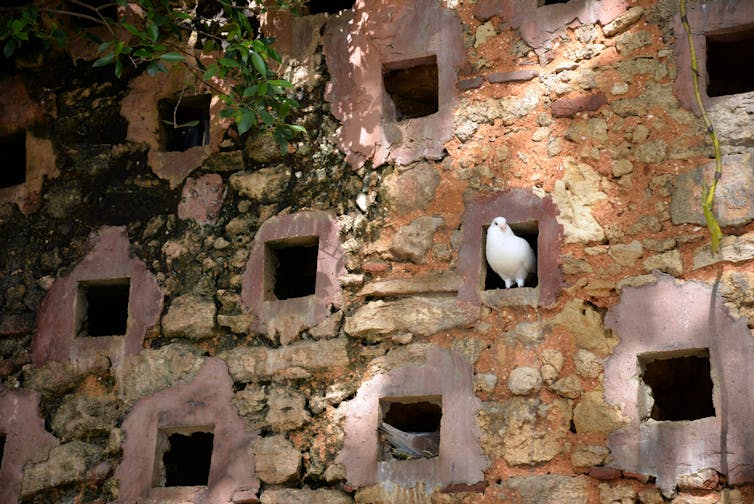Mathematician Gihan Marasingha specialises in setting devilishly difficult number conundrums, including for BBC Radio 4. Can you solve his latest problem?
Each day for a week, a tennis player is to receive a number of tennis rackets as a gift. She knows that she’ll get a different number of rackets on each of the seven days and is told exactly how many she’ll receive in total. Using only this information, she deduces that on at least one day she’ll be presented with at least ten rackets. What is the minimum total number of rackets she could receive for her to know this?
The solution (spoiler alert)

She’ll be given at least 43 rackets. Any fewer and she couldn’t guarantee she would receive ten or more on any one day. For example, if the total was 42, she could receive 9 + 8 + 7 + 6 + 5 + 4 + 3 (= 42) – and not necessarily get ten in one go.
This puzzle is based on the so-called pigeonhole principle. If more than n pigeons are to be placed in n pigeonholes, then at least one pigeonhole must contain at least two pigeons.
The pigeonhole principle has striking consequences. You might wonder, for instance, how likely it is for two people in London to have the same number of hairs on their head. To make the problem interesting, we’ll only consider non-bald Londoners.
There are more than eight million Londoners. These are our “pigeons”. We put each Londoner into a pigeonhole labelled with the number of hairs on his or her head. Humans have 100,000 head hair follicles, on average. The number of follicles are the pigeonholes. Even taking into account variance from the average and bald Londoners, there are vastly more pigeons than pigeonholes. This proves that at least two non-bald Londoners have exactly the same number of hairs on their head.
Want another puzzle devised by an academic expert?

